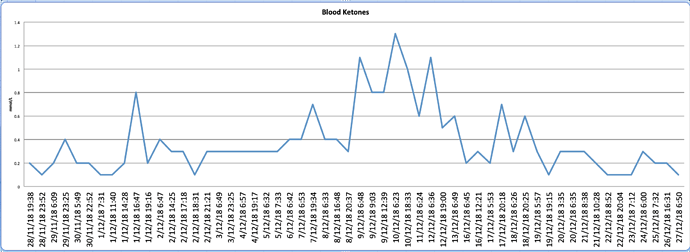Hi everyone, I am trying Keto neither for diabetes or weight or appearance. Infact I am quite skinny (62 kg). I just am intrigued by the mental and energy benefits publicised on this diet because fatigue and concentration has been an issue in my life with conventional diet and have noted subjective evidence in my own life that has made me feel carbs are an important factor playing a big role towards sluggishness. Given this context I have two starter questions.
One of the questions I want to ask is what happens to the good food honey, dates, berries, lentils and all the other superfoods publicised on the net and the good micronutrients they might be having in them. Do some people incorporate small amounts of dense-carb small volume super foods which they believe should be indispensable and wether it ruins their whole Keto diet goals? Micronutrient deficiency and avoiding certain superfoods because of Keto is a concern which I would be interested in knowing how people address.
Second question is what is it people hypothesize which makes them feel good about Keto diet. Is it a powerful placebo or is it that it drives you to eat small amounts and any low-volume diet would make people feel good or is it that the actual ketones in blood make you feel better in energy, mood, concentration. I see alot of people combine it with intermittent fasting thus overlapping the two seperate concepts and the benefits are clouded as to which one is the dominant strategy bringing positive effect. The actual energy and concentration factor. What makes people feel better is it relative starvation or ketosis?


